by olivia powell
While it may seem evident from the title, half•alive’s new album Persona embodies a core element of music — humanity. The humans behind the band include lead singer Josh Taylor, drummer Brett Kramer, and bassist J. Tyler Johnson, whose combined artistry proves to be enduringly genuine. The opening title track itself hints at the sonic stability and measured chaos to follow. With frenetic synths, the kind of chaos that exists in humanity is something half•alive manages to convey in subsequent songs like “Automatic.” After the thirty-two second title track (it’s short, but certainly not a skip), “Sophie’s House” follows after with a steady beat. It could easily be taken for granted, the kind of groovy foundation of drums and guitar that half•alive builds with each song. It quickly became clear to me that their dynamic range is a part of the sound; the contrast between verses and choruses is often sonically drastic, but doesn’t feel jarring either. It’s an album sure to captivate crowds, and casual listeners who simply can’t resist a good beat. To say the least, hearing this piece of art live would certainly be incredible.
In listening to Persona all the way through, the song I was most excited to replay was “Bleed It Out.” Not only did I get chills on the first listen, but the thoughtful lyrics and production may just be my favorite on the album. It’s a sound that feels somewhat reminiscent of 2010’s electronic pop, while still reinventing itself with distorted guitar and shouted refrains of “bleed it out!” Choruses like this one soar. It’s a kind of freeing appeal to listen to your heart, while still lyrically maintaining an ambiguity left up to the interpretation of the listener. “People” contemplates the idea of sonder (the realization that every human has their own lives and personal experiences), while synthesizers and vocal layers create a lush soundscape leading into the second chorus. It’s artfully crafted, and so clearly full of intentional lyrics and sound dynamics. I know it's a song I’ll be analyzing for some time to come.
It’s a delicate balance to be able to write impactful “bangers,” as well as down-tempo songs. A perfect example of this kind of balance is on “Long Drive” with Kacy Hill, where her vocals are a match that just seems to make sense. The song’s ending picks up a bit, with the addition of horns (possibly my favorite part) and more drums, easing back into the upbeat “Lie, Lie.” Other slower songs like the Jordana-featured single “Songs,” and closer track “Thank You,” don’t feel out of place on this album. It’s not an album that could be described with one genre, in the same way that humanity can’t be described by one emotion. Persona holds room for the complexity of the human experience, while providing consistently solid music.
The chorus of “All My Love (Imperative)” feels meaningfully repetitive, with a shimmering choir echoing the phrase each time. The song doesn’t just tell you “I’ll give you all my love,” but also sounds light, airy, and infectious. Elements like jazzy horns, and pluck-aided drum breaks like the one in “The Point” really make Persona stand out. The more I listen to Persona, the more I catch. Every song is a playground of sound, with little riffs between phrases or subtle basslines, without ever feeling unnecessarily crowded. It’s an accomplished culmination of eleven songs, each one different in a unique way. The album concludes with a grateful “Thank You,” which ends with a singular guitar strum. I love simple moments like this almost as much as the high-energy ones, because it’s a mark of the feat half•alive has accomplished. That final strum feels like a simple closer after wowing an audience with everything they’ve got.





